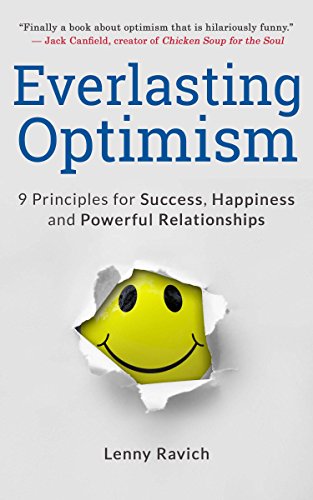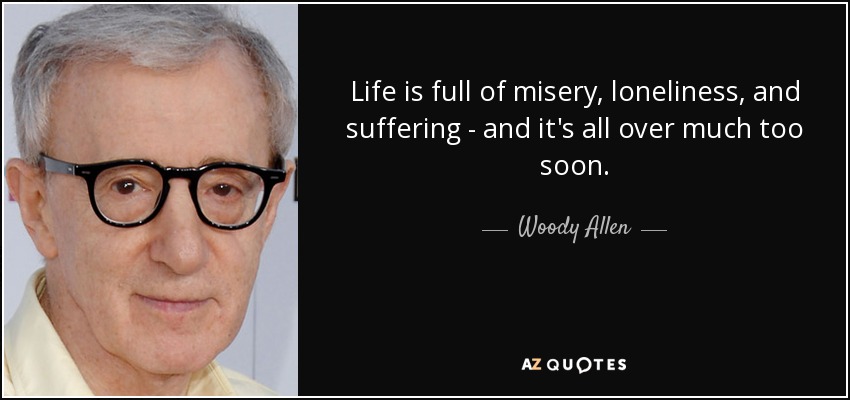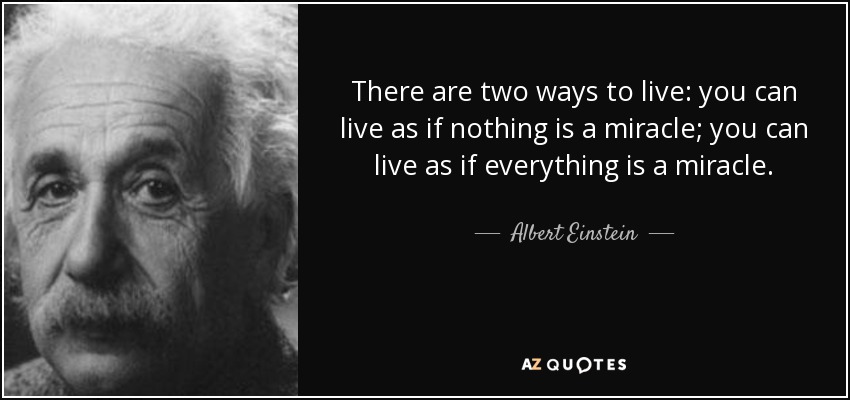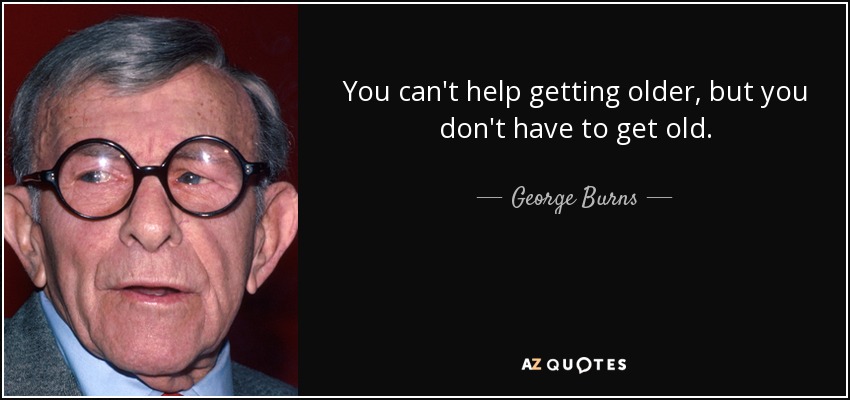Click here to return to Blog Post Intro

9 Tools for a Happier, Healthier, More Successful Life:
#1 – Turn Lemons into Lemonade: From Stress to Less!
Children up to the age of six laugh as much as three hundred times a day. At the age of seven, their amount of laughter goes down to fifteen times a day. Do you know why? They went to school. —Joel Goodman
Taking life too seriously can be dangerous to your health. Living life as play could be a lot more powerful.
Ravich reflects how his mother took the lemons that life routinely hands to all of us, put sugar on it (which is humor), and made lemonade. She made him laugh, and with that he gained control of the situation. It was the same problem, but it looked a lot lighter. A great lesson was learned: Never take yourself too seriously, and remember to make lemonade from lemons.
Ravich says he gathers the courage to ask for what he wants then applies the formula developed by Jack Canfield (Co-author of the Chicken Soup for the Soul series): “SW-SW-SW-”
- SW — SOME WILL give it
- SW — SOME WON’T give it.
- And finally…the other SW — SO WHAT!
Optimists won’t give up on their dreams because they believe that there is another SW — SOMEONE’S WAITING.
As Ravich says, “Don’t take life too seriously. You won’t get out of it alive anyway.”
#2 – Life’s a Bullfight, so Learn to Sidestep Fear
Life’s a bullfight. When negativity comes charging at you, put the red cape to the side, take a deep breath, smile, and watch what happens.
E+R=O. The Event plus my Response equals the Outcome. If you want a certain outcome, it depends on your response. Attitude is everything, so choose a good one.
Martin E.P. Seligman, Ph.D., stated in his book, Learned Optimism that one of the most significant findings in psychology in the last twenty years is that individuals can choose the way they think and feel. He wrote, “Optimistic individuals produce more than pessimists do. The optimist bounces back from defeat, picks up, and starts again.”
Viktor E. Frankl, a Holocaust victim and author of Man’s Search for Meaning, wrote that the Nazis had the power to take away everything in life from him except one thing: His freedom to respond to what had happened to him any way that he chose.
Dr. Dwight Dyer reflects, “I used to get upset when caught in traffic jams, until I realized that the traffic jams don’t really care.”
If you change the word problem to opportunity, things will appear much lighter. There are no problems in life. Only opportunities.
Teaching and learning should be experienced like an evening at the theater. There must be laughter, love, or tears; without these elements, there is no sense in teaching or learning.
#3 – Letting Go of the Past: How Humor Can Free Us from Baggage
The difference between tragedy and comedy is distance. –Charlie Chaplin
Up close, things seem tragic. Distance yourself from it, and you get comedy. The formula T+T=C (Tragedy plus Time equals Comedy) seems to reinforce this concept.
Dr. Bernie Segal observed, “The world is wounded. Everyone is wounded.”
Don’t let unconstructive things from your past get you down. Don’t regret. Find the humor and have a good laugh.
#4 – How We Gain Inner Strength by Laughing at Ourselves
Optimism implies the courage to be imperfect. —Martin E.P Seligman, Ph.D.
Laughing at ourselves is the healthiest thing we can do… and it’s also the scariest. Ravich’s interpretation of intimacy is this: “Into me see.” When you laugh at yourself, you are sharing that vulnerability.
Using creativity to admit to embarrassing moments allows the magic of laughter to permeate the atmosphere; and when someone is laughing (true belly laughter rather than nervous, embarrassed laughter), they can never be frightened or anxious. It is absolutely empowering during moments of stress. Ravich says, “My greatest lessons have been learned while laughing at myself.”
Optimism, and the ability to laugh at ourselves, keeps the pain from turning into suffering. Can you talk about some of your embarrassing moments and make them humorous? It’s the best way to let go.
#5 – A Spiritual Journey through Humor and Optimism: Laugh to Enlightenment
Humor and laughter are a spiritual journey. Everything that happens in your life has meaning. Everything that happens is a gift to help you learn to love more deeply and to become wiser.
The reason we were born into this world is to both increase our capacity to love, and to expand our wisdom. Having fun doing both of these would greatly enhance your success.
As Rabbi Hillel in The Sayings of the Fathers once stated, ‘Love others as you love yourself.’”
Woody Allen said, “I’m not afraid of death, I just don’t want to be there when it happens.”
Life is a terminal disease. Live every day as if it were your last, because someday you’ll be right.
What would you like to do on our last day on earth?
#6 – Humor, Optimism, and Emotions— Important to Our Whole Being
Be in touch with feelings. Don’t hide the pain. —Lenny Ravich
Don’t hide them from yourself. Emotions are our truth. All else is either interpretation or projection. Feelings are who we are.
Woody Allen once said, “I watched the sunset last night and felt so insignificant. Today it rained and I felt the same way.”
It’s not what people say to us that make us feel bad. It’s what we say to ourselves after they have long gone that turns the wheels of the negative cycle. It’s what we carry around with us in our heads.
Dr. Martin Seligman points out, “The things we say to ourselves when trouble strikes can be just as baseless as the ravings of a drunk on the street. Changing the destructive things you say to yourself when you experience the setbacks that life deals all of us is the central skill of optimism.”
Any emotion you have signals a need. If you feel angry, afraid, or sad — STOP. Now take a deep breath and ask yourself, “What do I need right now?”
When you catch yourself saying cruel things to yourself, think, “There goes the noise in my head.” Quickly say, “I cancel that thought. STOP!”
Knowing that a negative thought brings negative feelings and behavior, don’t allow negative thoughts into your existence. Practice saying “Thank you, God, for love, laughter, and good health.”
Upon meeting people, try to see only the positive side of them. Give compliments. Smile a lot.
Live your experience in the moment, and remember what The Beatles sang, “The love you take is equal to the love you make.”
#7 – H.O.L.Y: Health, Optimism, Laughter, and You (That Says it All)
Optimists seem to lead longer and healthier lives. —Dr. Martin Seligman
Doctor Bernie Segal, author of Love, Medicine and Miracles states, “As a general rule, happy people don’t get sick.” Positive thoughts, moods, and attitudes influence the body’s basic healing mechanism. We don’t wait to feel good to laugh… we laugh to feel good. It can save your life.
Researchers have discovered that when we laugh, the body releases endorphins, which is nature’s way of killing pain. When these endorphins are released into the brain, the feeling of euphoria can last for up to two hours. Doctors learned that laughter is like “inner jogging” to the body. Our blood pressure rises momentarily, and then drops below the level it was at before the laughter.
Medical people now realize that if an ill person is optimistic and takes the time to laugh, the person has a 65% better chance of achieving a fast, more complete recovery.
A Yiddish saying goes, “Soap is to the skin as laughter is to the soul.”
Dr. Joseph Billings once said, “There’s no fun in medicine, but there is medicine in fun.” A sign in a doctor’s office: “Alzheimer patients must pay in advance.”
Voltaire said, “The art of medicine consists in keeping the patient amused while nature heals the disease.”
Victor Frankl, a survivor of the Auschwitz death camp and author of Man’s Search For Meaning, stated that he used humor to keep him going through the daily horrors. “I never would have made it if I could not have laughed. Laughing lifted me momentarily out of this horrible situation, just enough to make it livable, survivable.”
Laugh artificially, even if you don’t feel like it. Don’t wait to feel good to laugh. Laugh in order to feel good. As Joel Goodman, originator of the Humor Project, puts it, “Learn to laugh just for the health of it.”
“Laughter is the best medicine,” Ravich’s grandmother always said. Now doctors are doing research on laughter and learning that his grandmother was right.
#8 – Aging with Fun and Humor—Let’s Enjoy the Journey
At the writing of this book, Ravich was 81 years old. As he puts it, “Believe me, if you live long enough, and I hope that you do, you had better have a sense of humor. Keep working, learning, and growing. It’s your choice: dance life or drag it.”
Ravich turned to several comedians on the topic of learning to age with fun & humor. Listen to these comedians:
In Pirke Avot (The Sayings of the Fathers), it says, “Who is rich? The one who is happy with what he has.”
#9 – Everlasting Optimism and Bouncing Back from the Absurd
Optimists do better in school, win more elections, and succeed more at work than pessimists do. —Dr. Martin E.P. Seligman
To be an optimist, you must always picture in your mind the best that life offers; and by doing that, you invite the best into your life.
An inverted paranoid is one who chooses to believe that people are saying good things about him behind his back. It works. When you expect to get loving energy from people, they will most often give you what you expect. The reverse is also true, of course.
An Everlasting Optimist knows that everything turns out okay in the end. If it’s not okay, it’s not the end.
Happily Ever Laughter
Ravich concludes by advising, “Have fun, play, and dance and laugh your life. Go ahead. I triple dare ya. Now I want to hear from you. Tell me how your life is after reading this book and practicing the exercises. You might even have some questions or remarks. Write to me here: lenny.ravich@gmail.com”
May you practice Everlasting Optimism, as you shoot for the stars!




